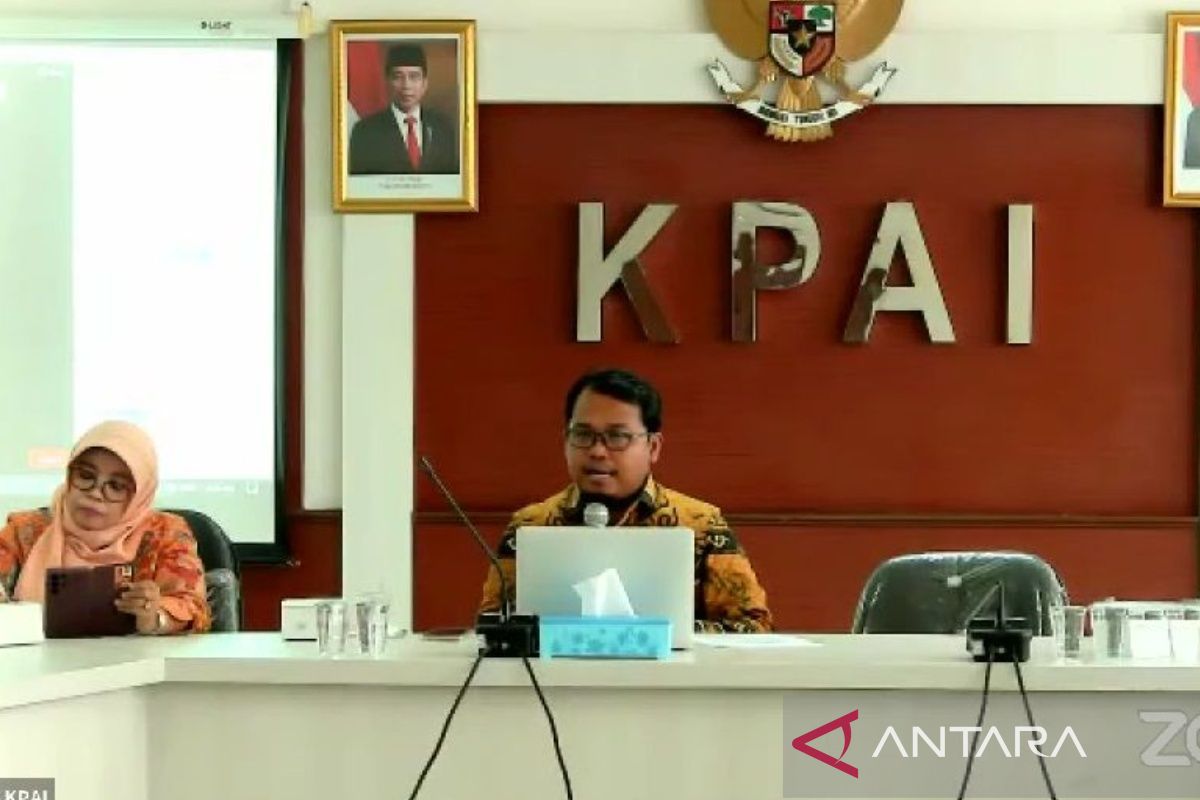"This is important because, in the next 40 years, they will be the ones who will lead this nation," Susanto said at an online discussion, which was followed from Jakarta on Tuesday.
Realizing the Golden Indonesia 2045 vision will require the development of talents with five abilities, namely critical thinking and problem-solving skills, creativity and innovation, communication, collaboration, and self-confidence, he observed.
Meanwhile, the children of single, conflicted, and divorced parents generally experience problems that lower their abilities in these five aspects compared to other children, he said.
"It could be from a matter of self-confidence, social skills, or it could be in terms of academics, and so on," Susanto added.
On the same occasion, director of family, women, children, youth, and sports at the Ministry of National Development Planning/Bappenas, Woro Srihastuti Sulistyaningrum, said that the protection and fulfillment of children's rights can be one of the efforts to realize Indonesia’s golden generation.
Moreover, data from the National Population and Family Planning Agency (BKKBN) shows that in 2021, the number of children in Indonesia reached 84.7 million, or about one-third of the nation’s population, she noted.
“So, it is important for us to focus on children because they are one-third of our human resources," Sulistyaningrum said.
Related news: Children should be protected and their rights be met: President
To protect and fulfill children's rights, the government has issued a policy to protect children's rights in the national planning document, she added.
For example, Presidential Regulation No. 18 of 2020 concerning the National Medium-Term Development Plan (RPJMN) for 2020–2024 includes national priorities (PN) to improve quality and competitive human resources.
One of the priority activities is the fulfillment of children's rights and protection, as well as increasing gender equality, empowerment and protection of women.
Through this priority program, the government is targeting to increase the Child Protection Index (IPA) from 62.72 in 2018 to 73.49 by 2024, she said.
The prevalence of children aged 13–17 years who have experienced violence throughout their lives is also targeted to be reduced from 61.7 (boys) and 62.0 (girls) by 2024.
In addition, the proportion of women in the 20–24 age group who are married before they turn 18 is also expected to decline from 11.2 percent in 2018 to 8.74 percent by 2024.
The strategies to achieve the targets include strengthening regulations and law enforcement, bolstering institutional effectiveness, increasing understanding of child protection, and strengthening networks between the government and the community, she said.
Related news: Family plays important role in child's character development: Ministry
Related news: Children's Day offers momentum to establish child-friendly country
Translator: Suci N, Azis Kurmala
Editor: Suharto
Copyright © ANTARA 2022












